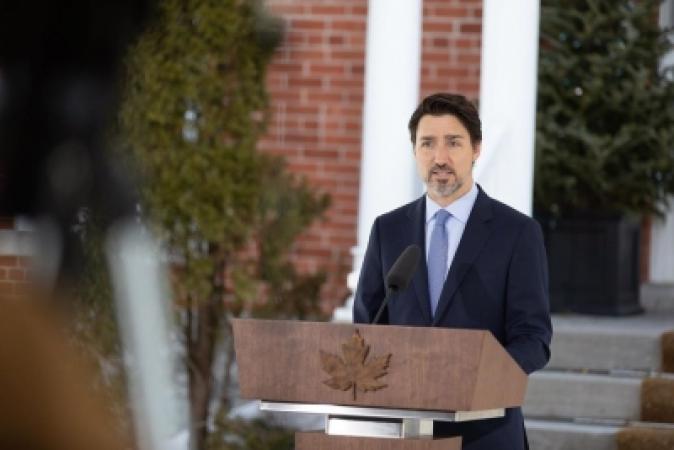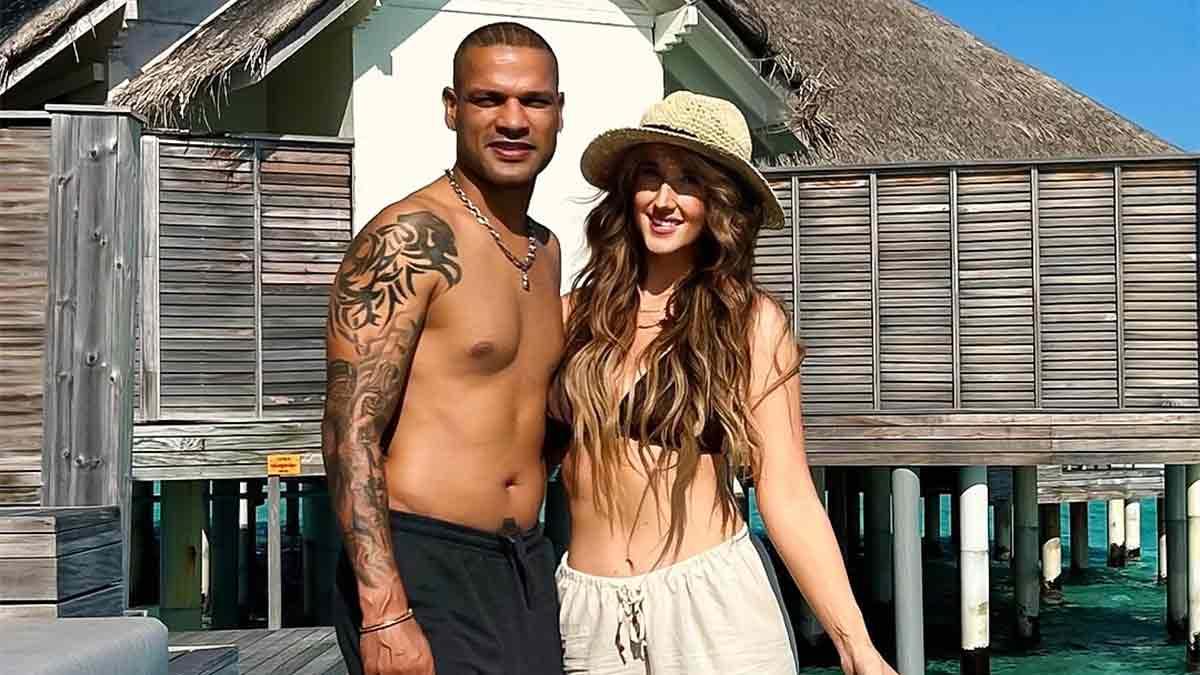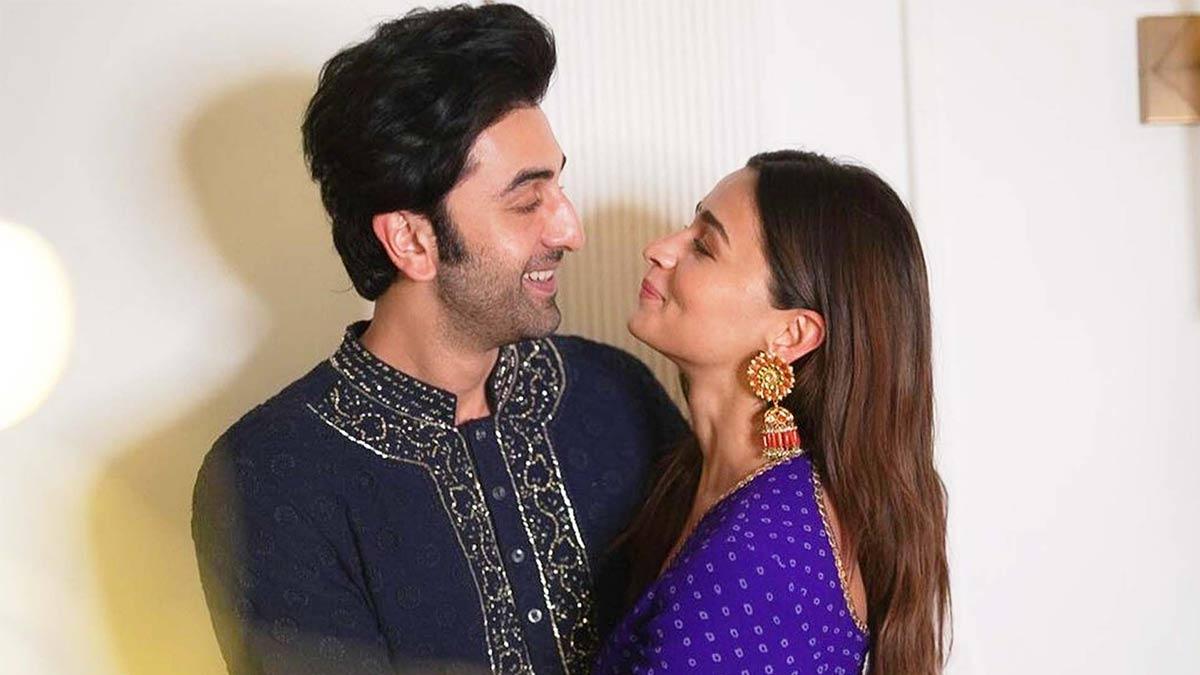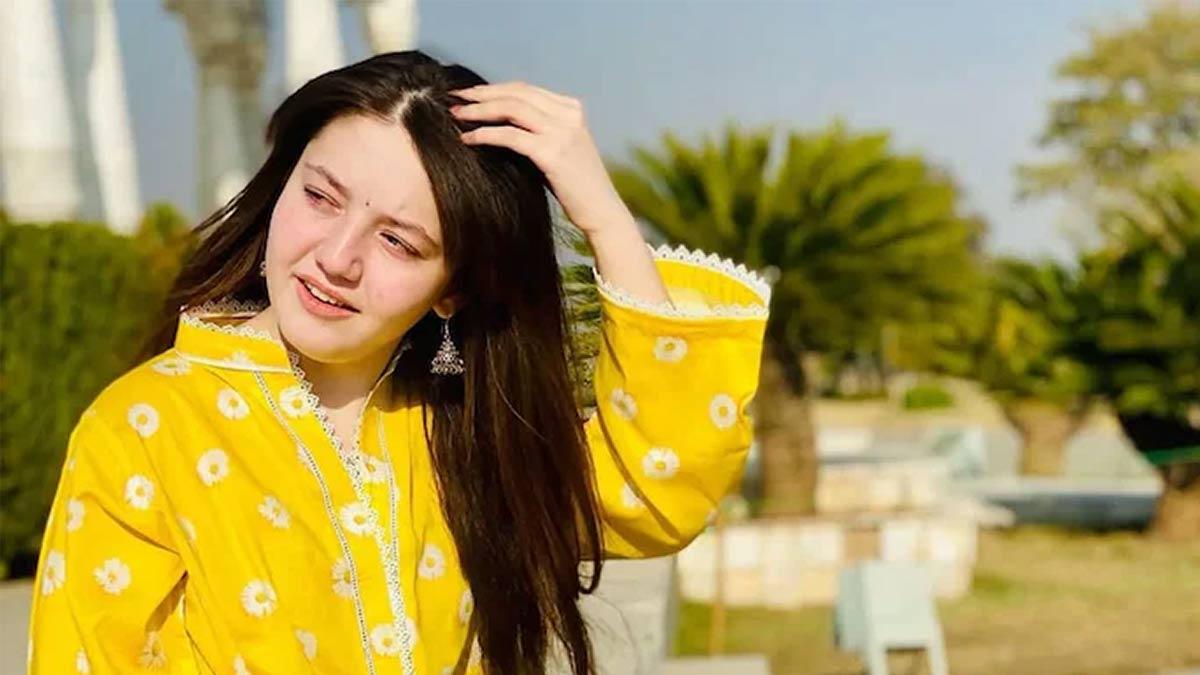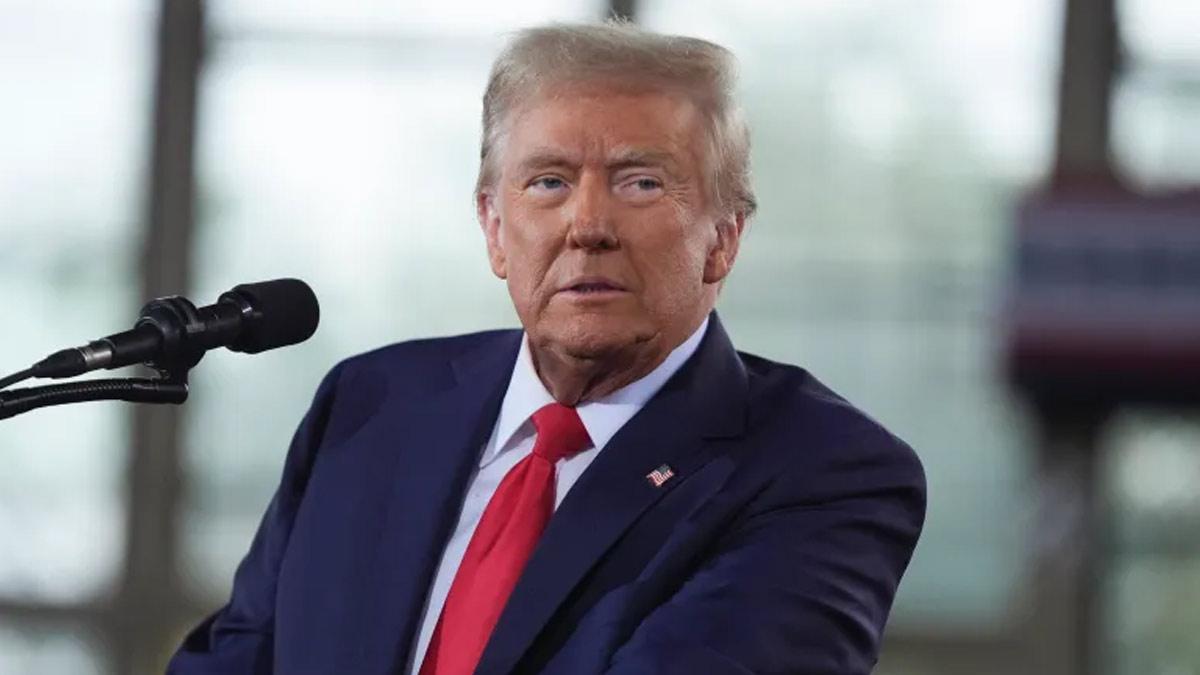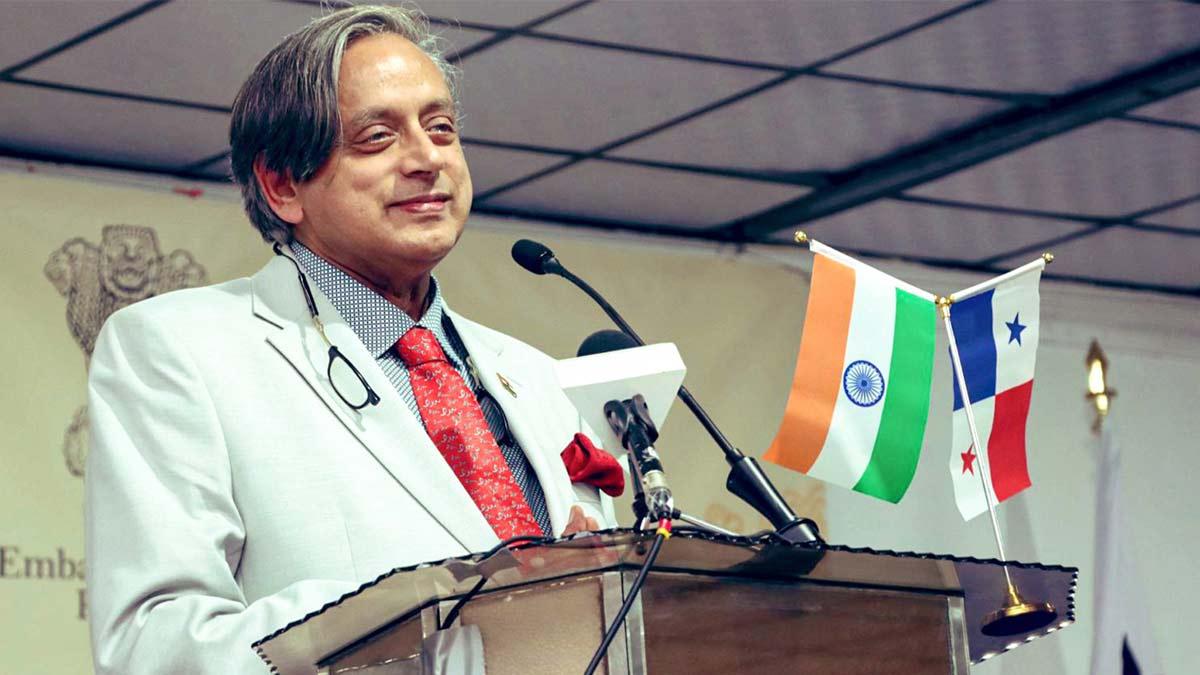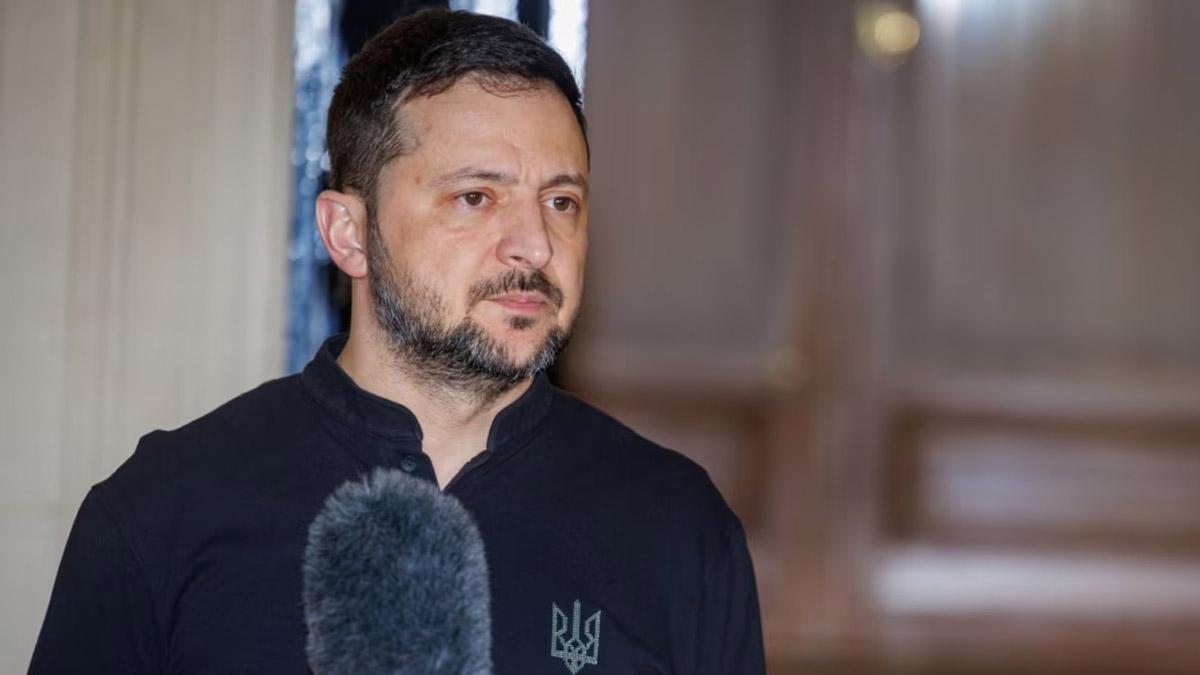Canada's 44th national election on Monday will not only decide whether Prime Minister Justin Trudeau's ruling Liberal Party receives a third mandate, but could determine whether fissures that emerged during the 36-day campaign become a social reality across the country.
Trudeau's Liberal Party and the Erin O'Toole-led Conservative Party have been locked neck-and-neck and bounced back and forth in the lead position, with each claiming between 30 per cent and 32 per cent support in public polling, reports Xinhua news agency.
A win for either would result in a minority government -- and for the governing Liberal Party, not the majority Trudeau sought when he called the snap election on August 15.
The Liberals have the advantage for a win on Monday based on the slight edge of support the party is registering in Ontario, Canada's most populous province, which has the most seats, 121 out of the 338 that comprise the House of Commons.
But it could be a Pyrrhic victory in light of polling that forecasts the Liberals to drop from the 157 seats they won in the last federal election in 2019, and went on to form a minority government.
Also read | Taliban want aids to be handed over to them for distribution in Afghanistan
To form a majority government, the Liberals would need to win 170 seats.
Nipping at the Liberals' heels for the progressive vote are the left-of-centre New Democrats, led by Jagmeet Singh, the first non-white leader of a Canadian national party, who are polling around 20 per cent and are expected to add seats to the 24 they won nearly two years ago.
At the opposite end of the political spectrum is the rise of the far-right populist People's Party of Canada (PPC) led by former Conservative cabinet minister Maxime Bernier and which had no House seats at the dissolution of parliament but whose popularity has eclipsed the Green Party of Canada, which had two MPs.
Anti-vaxxers, many of them PPC supporters, have doggedly pursued Trudeau on the campaign trail in oftentimes violent protests against his government's promotion of Canadians getting fully vaccinated as the fourth wave of the Covid-19 pandemic grabs hold of parts of the country.
They likely will not vanish once the election is over, and will continue their opposition to what they perceive to be Canadian governments -- at all levels -- unduly interfering with their right to choose, creating a division with the majority of Canadians who have willingly received both doses of a vaccine.
His government's management of the pandemic was the issue for which Trudeau decided to send Canadians back to the polls two years earlier than they would otherwise have voted under a fixed-election date law.
Also read | Top US general had opposed a full withdrawal from Afghanistan
In so doing, Canada's 23rd Prime Minister sought to highlight his leadership -- a point picked up by former U.S President Barack Obama and the former US First Lady Hillary Clinton, both Democrats, in their Twitter endorsements of Trudeau last week.
However, there was not unanimity on the progressive side of American politics.
Independent US Senator and former Democratic presidential candidate Bernie Sanders tweeted his support for Singh and his party "that stood up for working people in the pandemic".
Meanwhile, Francois Legault, the premier of Canada's French-speaking province of Quebec, has said that he would prefer to see the Conservatives form a minority government since O'Toole has signalled that he would not interfere with Quebec's provincial jurisdiction over health and immigration issues.
It will be up to Canadians to decide what form of government they will have following Monday's vote.
But it could take days before the final results are in since Elections Canada sent out more than 1 million special ballot voting kits, many of them for voters opting to mail in their ballots, and counting them will not begin with full force until Tuesday.

